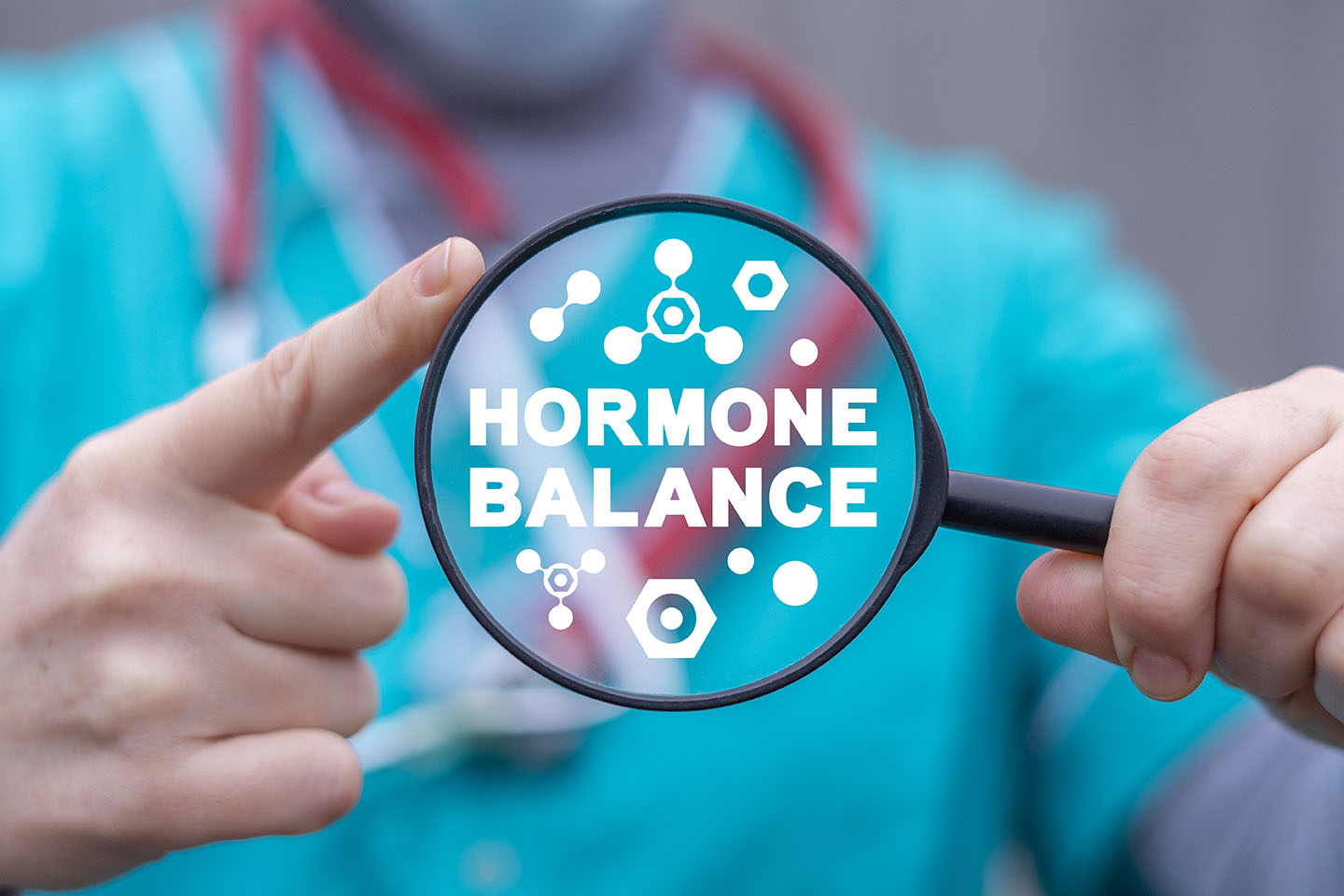
hormone
Definition
Hormones are complex chemical messengers that play a crucial role in orchestrating various physiological processes within an organism. These signalling molecules are produced by specialized glands, like the pituitary gland, thyroid gland, and adrenal glands, and they travel through the bloodstream to communicate with specific target cells or organs. Hormones are vital for maintaining homeostasis, which is the body's way of keeping its internal environment balanced and stable.
These molecules influence a wide range of functions, from growth and development to metabolism, reproduction, and even our emotions. For instance, during the growth spurt of adolescence, hormones like growth hormones and sex hormones signal the body to increase bone and muscle growth, resulting in the physical changes that occur during puberty. Hormones also regulate our mood and stress responses. When faced with a challenging situation, the body releases stress hormones like cortisol, which prepare us for a "fight or flight" response.
The endocrine system, which consists of various glands and their associated hormones, works closely with the nervous system to ensure efficient communication and coordination throughout the body. Hormones can operate through negative feedback loops, where they signal to reduce the release of certain hormones once a specific balance is achieved. However, imbalances in hormone production or response can lead to various health issues.
The study of hormones, known as endocrinology, delves into the intricate web of chemical messengers and their influence on growth, development, metabolism, reproduction, and overall well-being. Advances in this field have led to medical interventions, such as hormone replacement therapies, which aim to restore hormonal balance and alleviate certain health conditions. By unravelling the mysteries of hormones and their interactions, scientists continue to expand our understanding of the intricate dance that sustains life's processes.
How can the word be used?
The hormone insulin regulates blood sugar levels.

Different forms of the word
Noun: hormone.
Adjective: hormonal.
Verb: to hormone.
Etymology
The word "hormone" comes from the Greek word "hormao", which means "to set in motion". It was first used in English in the 19th century to describe chemical substances that are produced by glands and transported in the bloodstream to other parts of the body, where they regulate various functions.
Question
What are hormones?
AQA Science Exam Question and Answer
Question:
Explain the role of hormones in regulating various physiological processes in the human body, using specific examples to illustrate how hormones maintain homeostasis and coordinate responses to changing conditions.
Answer:
Hormones are chemical messengers produced by glands in the endocrine system that play a crucial role in regulating diverse physiological processes within the human body. These processes include growth, metabolism, reproduction, stress response, and more.
For instance, insulin, produced by the pancreas, helps regulate blood sugar levels. When blood sugar rises after a meal, insulin is released to facilitate glucose uptake by cells, lowering blood sugar back to a stable level.
Thyroid hormones, produced by the thyroid gland, regulate metabolism and energy production. They ensure that the body's energy utilisation matches its needs, maintaining a stable internal environment.
The stress hormone cortisol, secreted by the adrenal glands, helps the body respond to challenging situations. It increases blood sugar levels and suppresses non-essential functions during the "fight or flight" response.
Hormones also regulate the reproductive system. Follicle-stimulating hormone (FSH) and luteinizing hormone (LH) from the pituitary gland control ovulation and menstruation in females and sperm production in males.
In summary, hormones are essential for maintaining homeostasis – a balanced internal environment – by coordinating various bodily functions. They enable rapid responses to changing conditions, ensuring that the body adapts and functions optimally in a dynamic world.